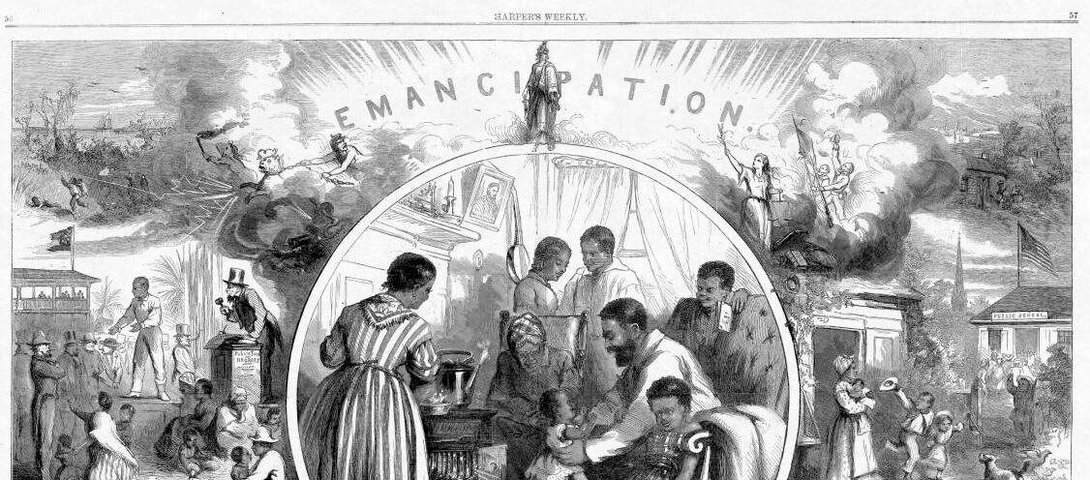
Gratitude isn’t easy. If it were, God wouldn’t need to command it, and we wouldn’t need the Holy Spirit to do it. “Give thanks in all circumstances; for this is God’s will for you in Christ Jesus.” (1 Thess 5:18) 1/x
But gratitude is especially scarce in trying circumstances. The evidence pushes us in the opposite direction—toward grumbling, toward cynicism, toward despair. Giving thanks in a pandemic is hard. 2/x
Still, God invites us to practice thanksgiving for our own good. Gratitude is good for our hearts. (Our bodies, too.) It’s an invitation to remember the promises of God, to see our circumstances with new eyes, see evidence of a different kind—evidence of God’s love for you. 3/x
Of course, it takes faith to be thankful in the dark. To see what is as real as—indeed, more real than—the darkness, loss, and sorrow. To see the fingerprints of God all over your life—your precious, beloved life—and all over our world. To see light. To see God. 4/x
In this sense, thanksgiving is a spiritual practice, something we can and must, with God’s help, choose. Shifting our gaze outward. Turning our hearts upward. Thanksgiving is resistance. Against fatalism, cynicism, our own slouched hearts. Beloved, gratitude is a choice. 5/x
Will we choose gratitude this week? God has been good to us. Yes, he has. By faith, we can say so. Even in the dark. Even through the tears. “Give thanks to the LORD, for he is good; his love endures forever.” (Psalm 107:1) Beloved, what are you grateful for? 6/6
• • •
Missing some Tweet in this thread? You can try to
force a refresh







